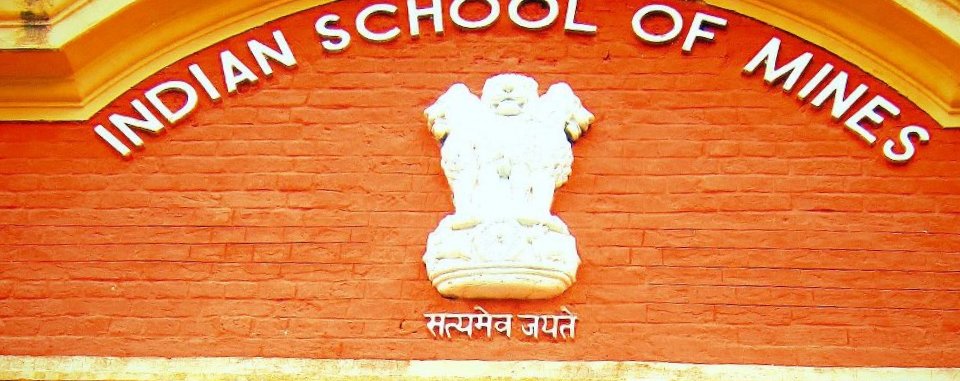
A chemistry researcher in India is up to seven retractions and one correction for problematic images and other issues.
The researcher, Mahendra Yadav, was the first author on an article titled “Corrosion inhibition of tubing steel during acidization of oil and gas wells,” which appeared in 2013 in the Journal of Petroleum Engineering (JPE). Yadav, who also has a correction for similar concerns, and who has a fairly extensive entry in PubPeer, is listed as being affiliated with the Department of Applied Chemistry at the Indian School of Mines, in Dhanbad.
According to the notice:
Journal of Petroleum Engineering has retracted the article titled “Corrosion Inhibition of Tubing Steel during Acidization of Oil and Gas Wells” [1]. The article was found to contain images reused in several other articles published by Mahendra Yadav and colleagues. The details of the reuse of images are as follows:
What follows is a litany of similarities between images in the JPE paper and previously published work by Yadav. The notice then continues:
We asked the authors to provide the underlying uncropped and unadjusted scanning electron microscopy (SEM) images, the raw data, and details of how the experiments were conducted.
The corresponding author, Dr. Yadav, said the SEM work was outsourced but did not give details on where, when, or by whom this work was performed. The equipment is not described in this article. However, it is described as a “JEOL JSM-6380 LA analytical scanning electron microscope” in [7], and in [6] it is described as a “Scanning Electron Microscope model SEM Jeol JSM-5800.” These are not the same models of microscope, despite these articles sharing some of the same SEM images.
Dr. Yadav provided us with replacement figures. However, they were identical to two of the articles, [6] and [7], despite representing experiments with the inhibitors AMPT and ODAEODI, respectively. We were not told how these images were generated, the images were of low resolution, and the text in the images was illegible.
The corresponding author agreed to retraction and we have asked the institution to formally investigate.
The Journal of Chemistry, also a Hindawi title, has a similar notice for another of Yadav’s articles, “Development of ecofriendly corrosion inhibitors for application in acidization of petroleum oil well,” which the retracted JPE paper cites.
As with the other notice, the statement says the journal has called for the Indian School of Mines to investigate Yadav’s work.
Yadav’s other retractions have appeared in journals including PLoS ONE, Acta Metallurgica Sinica, and Corrosion Research. Among those titles indexed by Clarivate Analytics’ Web of Science, the papers have been cited fewer than 20 times in total.
We emailed Yadav for comment but have yet to receive a response.
Update, 7/10/19, 2100 UTC: The headline and first sentence have been updated to correct the number of retractions (7, not 8).
Like Retraction Watch? You can make a tax-deductible contribution to support our work, follow us on Twitter, like us on Facebook, add us to your RSS reader, sign up for an email every time there’s a new post (look for the “follow” button at the lower right part of your screen), or subscribe to our daily digest. If you find a retraction that’s not in our database, you can let us know here. For comments or feedback, email us at [email protected].
Yadav, who also has a correction for similar concerns, and who has a fairly extensive entry in PubPeer
Your link misses a few. This may be a more useful search term:
https://pubpeer.com/search?q=%22m.+yadav%22+OR+%22mahendra+yadav%22
R. Prasad mentioned the Yadav retractions (and the context) in a recent post on his blog:
https://journosdiary.com/2019/06/27/department-of-applied-chemistry-iit-dhanbad-has-41-papers-with-duplicated-manipulated-images/
Actually the pubpeer link gives hits to other people with the surname Yadav besides Mahendra Yadav.